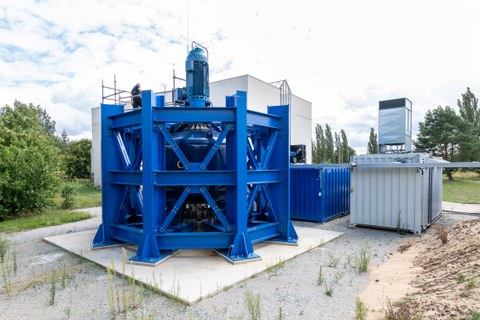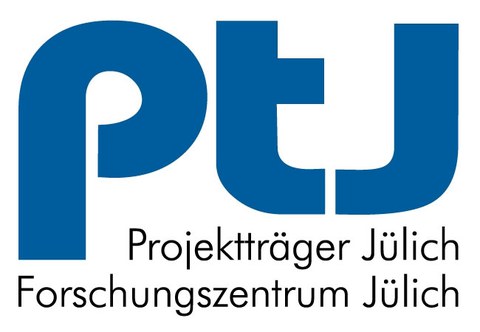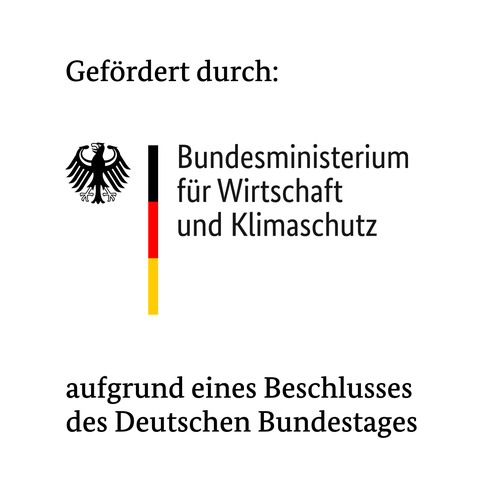DEMIKS 2
Management of the flywheel energy storage in connection with renewable energy producers
| Funding: |
Bundesministerium für Wirtschaft und Klimaschutz (BMWK), Projektträger Jülich |
| Funding code: | FKZ 03EI4036A |
| Partner: |
SKM GmbH IBAF Engineering GmbH Bitsz electronic GmbH DNV Renewable Certification GmbH |
| Duration: | 10/2021 - 09/2024 |
| Contact: | Frank Hänel |
The German government has defined milestones for the reduction of greenhouse gas emissions in its Climate Protection Program 2030 from 2019. By 2030, the share of renewable energies in Germany's gross electricity consumption is to increase to 65% and greenhouse gas emissions are to be reduced by at least 88% by 2040 compared with 1990 levels. In order to achieve this, new technologies are needed to balance supply and demand in order to compensate for the weather-related and year-to-year variation in the availability of renewable energies as their share of supply increases. These include, in addition to intelligent control instruments and energy storage in the form of electricity-based gases and fuels, electricity storage systems in particular. The area of mechanical energy storage includes flywheel storage systems, which store energy in the form of kinetic energy. In order to advance the applicability of this technology, a test facility for a rotationally kinetic storage system with a vertical rotor and maximum capacity was developed in the DEMIKS research project.
The core focus of the DEMIKS 2 research project lies in the multi-layered measurements and investigations of the real rotational kinetic storage system implemented in the completed DEMIKS research project. The knowledge gained from this will be used on the one hand to upgrade the demonstrator solution to its technical and grid-serving operational management and on the other hand to validate the existing simulation models for the further development of a market and application-oriented flywheel technology for renewable energy producers. In parallel to the system upgrade, economic considerations are to identify existing as well as future technology-specific business models and areas of application in the field of renewable energies. In this sense, communication interfaces are developed for the system integration, which enable a technical and marketing strategic plant control. The know-how gained from the interdisciplinary investigations is to be methodically processed in the form of a development-accompanying guideline and correspondingly transferred and applied to the project planning of a virtual pre-series solution of the 2nd generation of the flywheel technology.



